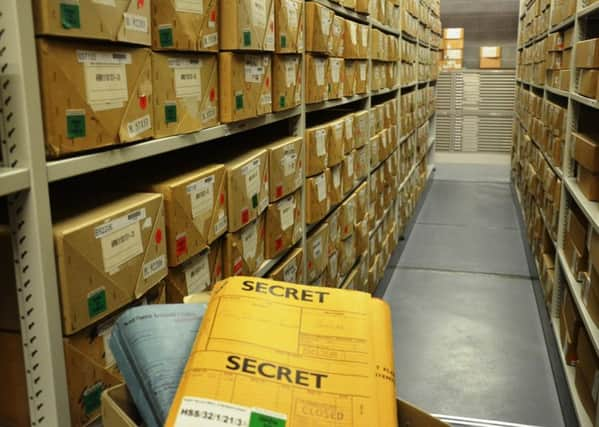Possible link between expenditure and behaviour raised


In an analysis which appears particularly relevant today, given what happened with the RHI scheme, they wondered whether having a pot of money which had to be spent could lead to undesirable behaviour.
The candid 1992 memo from the Department of Finance and Personnel accepted that Northern Ireland’s higher levels of public expenditure were not a recent phenomena but could be “traced back as far as the mid-1960s”, adding that “over the past decade our advantage has generally been in excess of 40 per cent”.
Advertisement
Hide AdAdvertisement
Hide AdIt added: “The existence of public expenditure differentials of this magnitude over a long period gives rise naturally to the question why they have been unable to make much headway in reducing disparities in relative need between NI and GB?”
The officials also raised what they said was a controversial question – the degree to which the “need” for public expenditure is dependent upon that public expenditure being available.
They said that there was the potential for moral hazard “where the existence of public expenditure gives rise to a ‘need’ to absorb it by encouraging undesirable changes in the behaviour of individuals or organisations ...”.
They said that if this was the case it would explain “why need and public expenditure seem to rise in step with each other and would call into question the general assumption that securing a larger share of available public expenditure in the UK for NI is a desirable objective”.
The officials said that more work would be necessary to answer the questions which they had raised.